

Following the deadly Pahalgam attack that killed 26 people in Indian-administered Kashmir, Pakistan’s Defense Minister Khawaja Asif issued a strong warning about a possible Indian military strike. Asif stated that Pakistan Armed Forces have ramped up preparations, deploying additional forces and increasing security along sensitive borders. He firmly denied any Pakistani involvement in the attack, calling India’s reaction a “staged attempt to provoke conflict.” These developments come amid rising India-Pakistan tensions in the aftermath of repeated accusations and media narratives from New Delhi.
In a decisive show of strength and preparedness, the Pakistan Air Force (PAF) has commenced two major air defense drills—Fiza-e-Badr and Lalkar-e-Momin—across Central and Northern Air Commands. These exercises are designed to enhance aerial combat readiness and deter any potential misadventures by Indian forces. According to defense analysts, these operations signal Pakistan’s resolve to protect its sovereignty, showcasing both strategic depth and tactical agility. The PAF exercises are being widely viewed as a precautionary step amidst growing cross-border threats.
In an interview with Sky News, Defense Minister Khawaja Asif categorically denied Pakistan’s links to The Resistance Front (TRF), the group allegedly behind the Pahalgam attack. He labeled the accusations as “false flag operations,” similar to past incidents like Pulwama and Balakot. Asif also questioned the existence of groups like Lashkar-e-Taiba, calling them defunct and irrelevant in the current context. He emphasized that Pakistan condemns terrorism in all forms and urged the international community not to fall for fabricated narratives used to justify Indian aggression.
Despite being on high alert, Pakistan continues to advocate for peace. Asif expressed hope that the crisis can be resolved through diplomatic dialogue rather than military confrontation. He also pointed to Pakistan’s historical role in supporting Western interests, arguing that the country should not be unfairly scapegoated for regional unrest. With tensions running high and military exercises underway, Pakistan’s defense strategy remains focused on deterrence, sovereignty, and maintaining regional stability. As calls for peaceful resolution grow louder, Islamabad has once again highlighted the importance of strategic patience and responsible diplomacy.
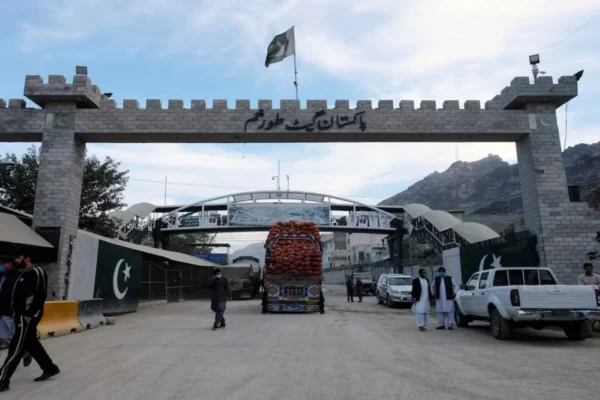



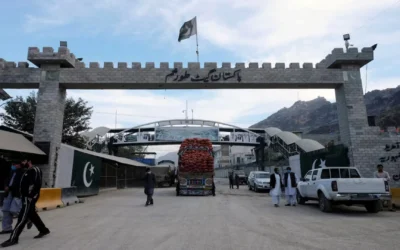

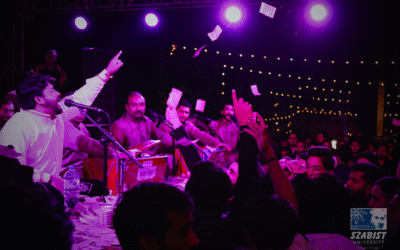

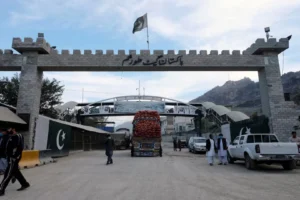





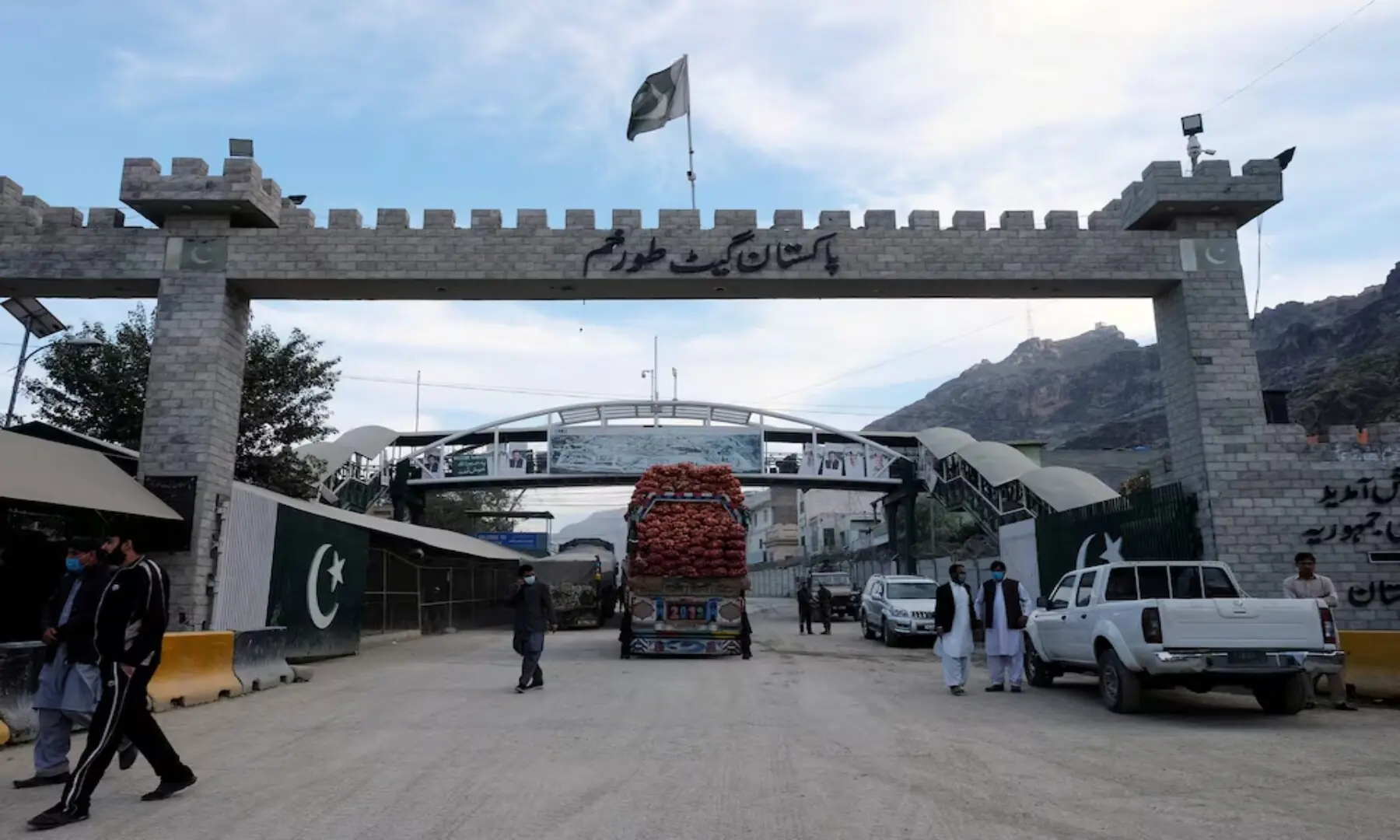

Alright, so I downloaded the zh88gameapk. Installation was simple, even for a tech dummy like me! Games are fun, good way to kill some time. Find it here: zh88gameapk